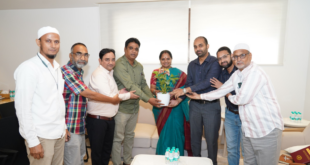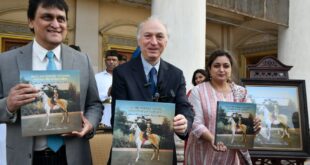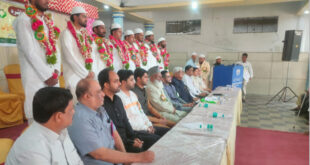In the late 60’s Kenya was part of the East African Cricket conference which comprised of Kenya, Uganda, Tanzania and Zambia. During the first World Cup held in 1975 in UK, East Africa team was invited to participate in that tournament. The team comprised of at least seven players from Kenya. During the seventies, there was an annual tournament for the East African countries. Kenya dominated and won these tournaments more often than not.
Due to consistent performance, Kenya felt ready to move on its own at ICC level. In 1981, after various appeals and lobbying at the ICC, Kenya got its own membership and this marked the beginning of the journey towards international cricket. Kenya played its first ICC Associate Trophy in 1982 and second in 1986. The 3rd ICC Associate Trophy for Kenya was in 1990, played in Holland when the team reached the semi-finals before losing to the hosts. This performance presented a sense of belief to the potential and serious progress ahead of the team.
During the ICC Trophy in 1994, three top teams would get an opportunity to play the 1996 World Cup. Kenya went one better – losing to UAE in the finals, thus qualifying for the 1996 World Cup along with UAE and Holland.
Kenya hosted the tournament where 20 teams participated. Zimbabwe, who had dominated these previous Associate tournaments, had been given Test Status in 1992. Kenya performed extra well in their maiden World Cup tournament in 1996 that was played in India, Pakistan, and Sri-Lanka and the team was competitive against all teams, including beating the two-time World Champions, West Indies in the process.
The 1997 Associate Trophy held in Malaysia was once again an important tournament. Kenya lost to Bangladesh in the finals on the last ball. However, along with Bangladesh and Scotland, Kenya qualified for the World Cup 1999 that was played in UK. These performances were as a result of competitive local domestic cricket where we had players from India and Pakistan participating including some quality and world class cricketers from Kenya who would play for any country. Credit must go to past administrators
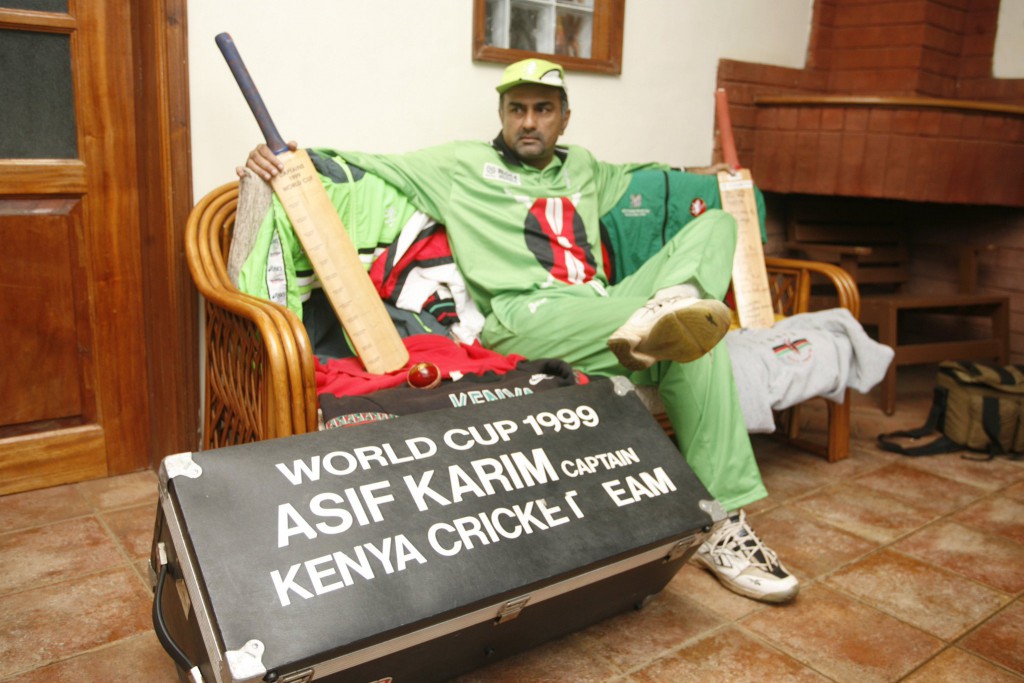
The ICC then took Kenya and Bangladesh seriously and awarded both countries a One-Day International team status in 1997, and various tri-nation tournaments were organised for these two upcoming teams. This included automatic qualification at World Cups. Kenya performed credibly well in the harsh cold conditions of the UK in the 1999 World Cup, despite not winning any match.
The players now had decent contract and support from the business community was forthcoming, including ICC support that saw various tournaments being held in Kenya to promote cricket, including the Champions Trophy where all the 10 Test-playing nations came to play in 2000. Unfortunately, the association did not concentrate as much as they should have on professionalising the administration, quality development cricket structures, strengthening of domestic competition and curbing a lot indiscipline and poor attitude from the players that was on-going.
Nevertheless, the players and the association were all riding on the past glory. Like anywhere else, when success comes, many people want to associate or be part of the success. Several unqualified and selfish people made entry in to the administration for various reasons. By the year 2002, Kenya was an envy of cricket world and where many expected Kenya to be awarded Test status. Only Bangladesh was awarded the same despite Kenya dominating against Bangladesh until 2003.
Whilst Bangladesh had weak results against Kenya, it had huge support from the Bangladeshi Government – cricket was spread in the country; had good development structures and with time had great support and influence from the sub-continent countries of India, Pakistan and Sri Lanka.
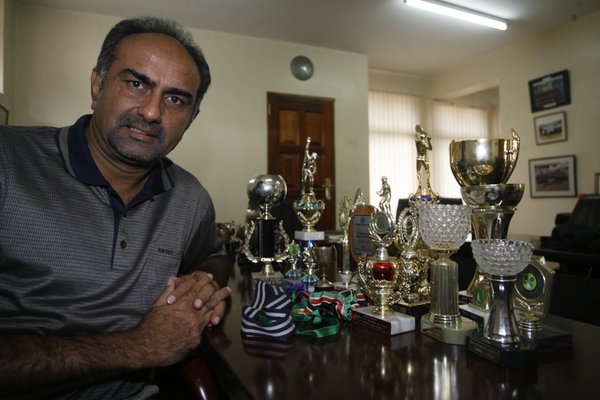
On the other hand, Kenya’s problems commenced with unrealistic demands from players, in-fights within the administration among other issues. Kenya never deserved Test status as nothing was put in place that warranted the country to get Test status.
The results currently on the status of Kenyan cricket are very clear; with nonexistent leadership or rather incompetency in the last 10 years. There are several examples of the incompetency by the administration.
Kenya has lost a great opportunity to rub shoulders with the elite of world cricket. It has lost its One Day status and is now at a lower division. I will be surprised if Kenya does not become an Affiliate team in the near future at the rate cricket is being played and administered. On the other hand, it brings a smile in me when I see several Associate countries do well during World Cups. Over the years some of the Associates countries of the likes of, Ireland, Netherlands, Afghanistan and Oman have done the Associates’ cause proud.
It is very important to note that the success they are enjoying does not replicate what Kenyan cricket has done – “committing suicide”.
As mentioned earlier, the Associates need to address all of these issues mentioned earlier to ensure continued growth and success as has been the success story of Bangladeshi cricket. It is also disappointing to note that ICC has down-played the value the Associate countries contribute during the World Cups by reducing the number of teams for the 2019 World Cup. These must be lobbied against by the Test-playing teams and the Associate countries.
Unless lovers of Kenyan cricket wake up to reality, especially the current administrators on its current status, I maintain that Kenyan cricket is “dead and buried”. The blame lies squarely with all the stakeholders of Kenyan cricket especially on the current leadership both at the national and provincial level.
A new birth is required to bring fresh life in Kenyan cricket!!

Despite retiring from the cricket, the sportsmanship running in the family ceases to fade away with the The Karims family gung ho about promoting sports in Kenya. And with an affluence of sporting distinctions spanning three generations and two sports – cricket and tennis, it isn’t much of an uphill task for them. The grass is also beginning to look greener already.
If only, Kenyan cricket could….
 Gawah (The Witness) – Hyderabad India Fearless By Birth, Pristine by Choice – First National Urdu Weekly From South India – Latest News, Breaking News, Special Stories, Interviews, Islamic, World, India, National News
Gawah (The Witness) – Hyderabad India Fearless By Birth, Pristine by Choice – First National Urdu Weekly From South India – Latest News, Breaking News, Special Stories, Interviews, Islamic, World, India, National News

